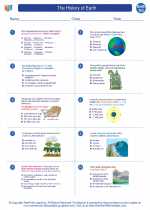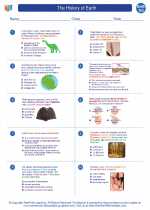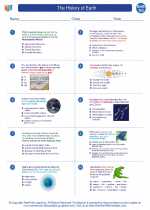Types of Connective Tissue
1. Loose Connective Tissue
Loose connective tissue is the most widespread type of connective tissue. It holds organs in place and attaches epithelial tissue to other underlying tissues. It also serves as a reservoir for water and salts in the body.
2. Dense Connective Tissue
Dense connective tissue provides strong connections between different tissues. It is found in tendons and ligaments, which connect muscles to bones and bones to each other.
3. Cartilage
Cartilage is a firm, rubbery material that cushions bones at joints and supports structures such as the nose, ears, and trachea. It is more flexible than bone but stiffer than muscle.
4. Bone
Bone is a hard, rigid connective tissue that forms the skeletal system of vertebrates. It provides structural support and protects vital organs. It also serves as a reservoir for minerals, such as calcium and phosphorus.
5. Blood
Blood is considered a connective tissue because it develops from mesenchyme and consists of blood cells and plasma. It transports nutrients, gases, and waste products throughout the body.
6. Adipose Tissue
Adipose tissue, or fat, is a specialized connective tissue that stores energy in the form of fat, cushions and insulates the body, and provides a source of fuel for the body.
Functions of Connective Tissue
- Support and structure
- Connection and integration of body systems
- Transportation of nutrients and waste products
- Defense and protection
- Repair and regeneration
Study Guide
- What are the main functions of connective tissue?
- Describe the characteristics and functions of loose connective tissue.
- How does dense connective tissue differ from loose connective tissue?
- What are the functions of cartilage in the human body?
- Explain the role of bone as a connective tissue.
- How is blood considered a connective tissue?
- What are the functions of adipose tissue?
◂Earth Science Worksheets and Study Guides High School. The History of Earth

 Worksheet/Answer key
Worksheet/Answer key
 Worksheet/Answer key
Worksheet/Answer key
